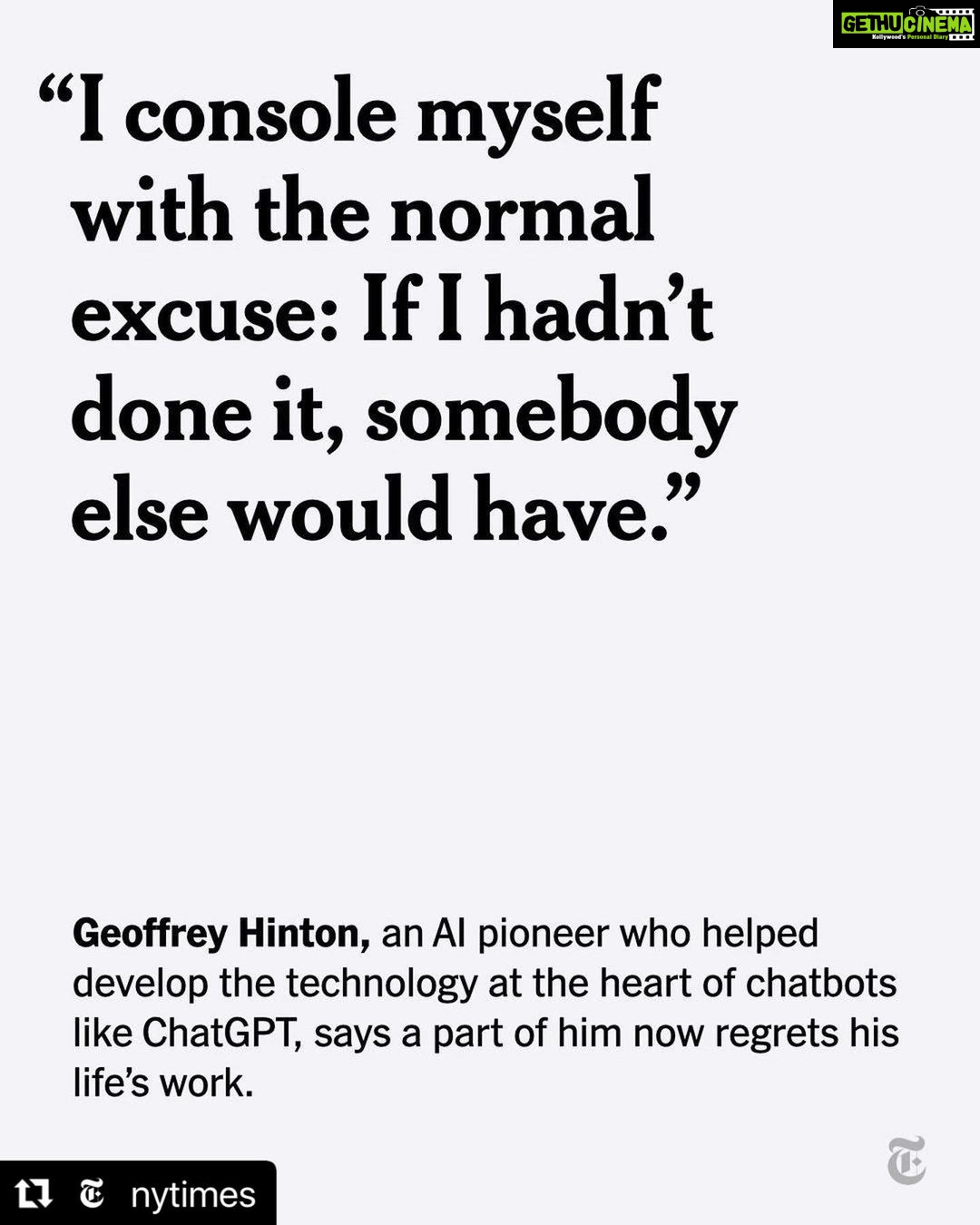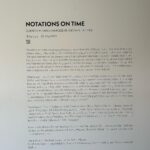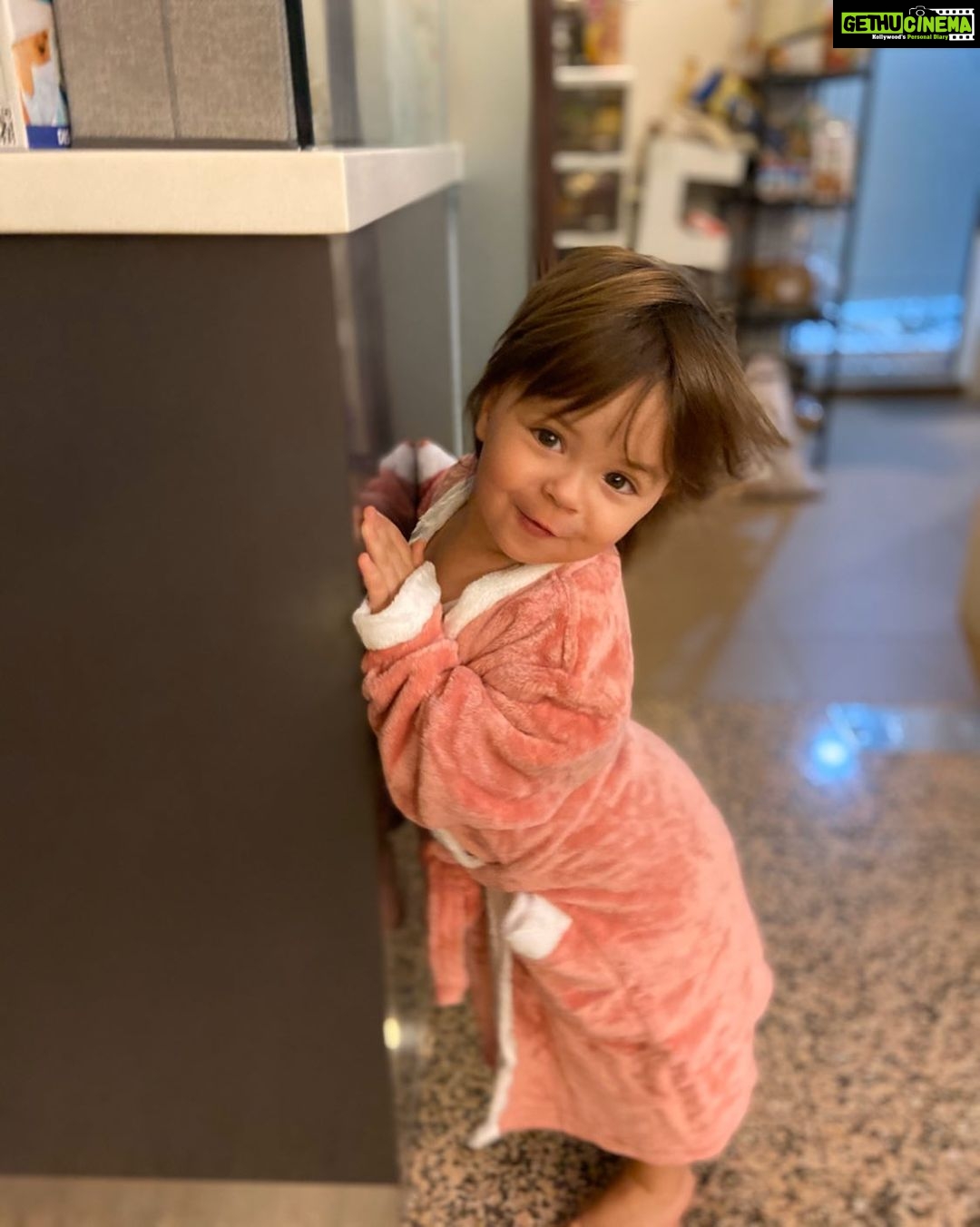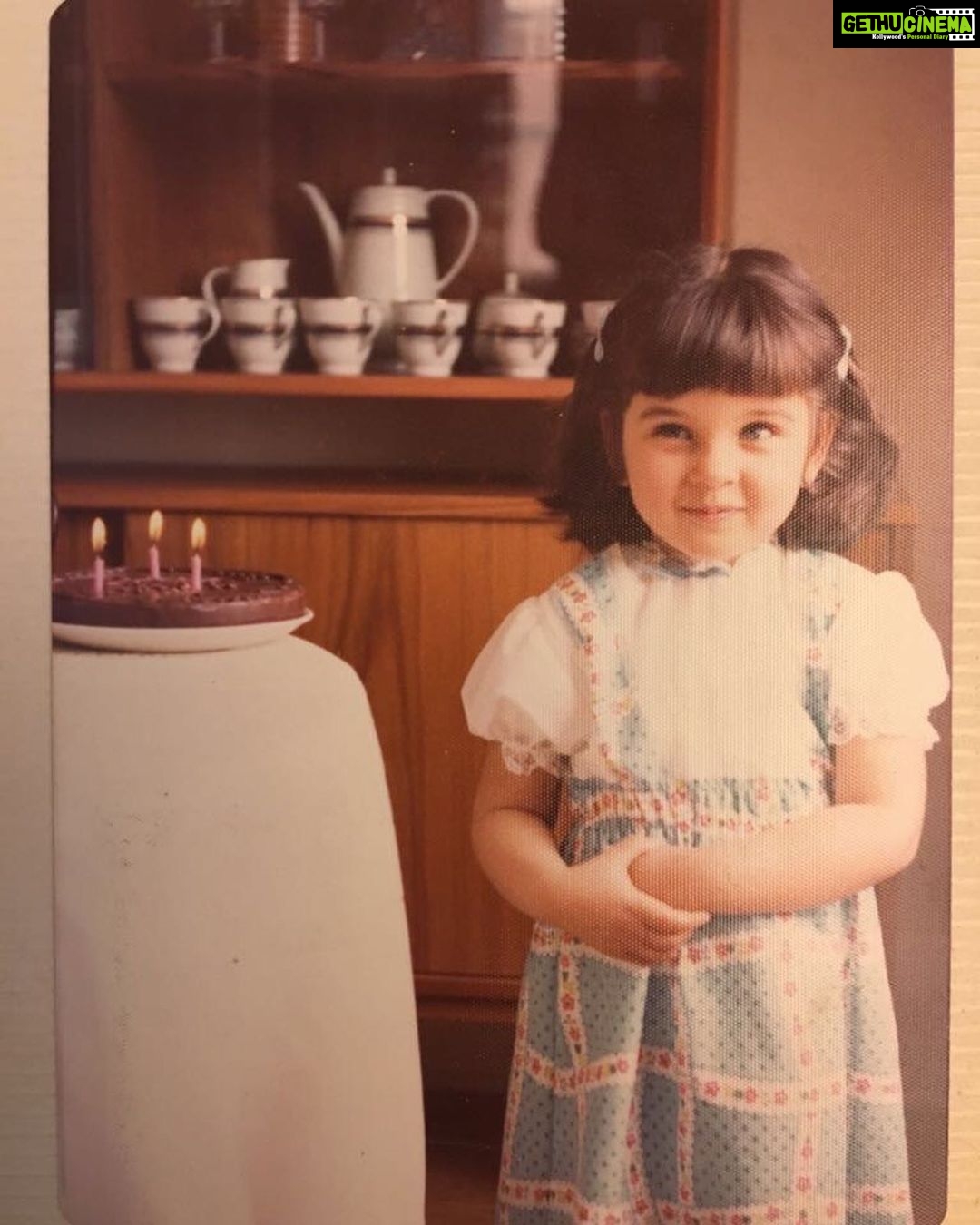Lisa Ray Instagram – The most sensible approach with emerging technology that has such a potential far reaching impact on humanity is for leaders, decision makers and all stake holders (you and I) to listen to all perspectives.
‘Hinton’s immediate concerns are that the internet will soon be flooded with fake text, pictures and videos that regular people won’t be able to distinguish from reality. But eventually, he says this technology could be used by humans to sway public opinion in wars or elections. He believes that A.I. could sidestep its restrictions and begin “manipulating people to do what it wants,” by learning how humans manipulate others, he tells CNN.’
#Repost @nytimes with @use.repost
・・・
For half a century, Geoffrey Hinton nurtured the technology at the heart of chatbots like ChatGPT. Now he worries it will cause serious harm.
In 2012, he and two of his graduate students at the University of Toronto created technology that became the intellectual foundation for today’s biggest AI systems. On Monday, however, he officially joined a growing chorus of critics who say those companies are racing toward danger with their aggressive campaign to create products based on generative artificial intelligence, the technology that powers popular chatbots like ChatGPT.
Dr. Hinton said he quit his job at Google, where he worked for more than a decade and became one of the most respected voices in the field, so he could freely speak out about the risks of AI. A part of him, he said, now regrets his life’s work. “It is hard to see how you can prevent the bad actors from using it for bad things,” he said.
Industry leaders believe the new AI systems could be as important as the introduction of the web browser in the early 1990s and could lead to breakthroughs in areas like drug research and education. But gnawing at many industry insiders is a fear that they are releasing something dangerous into the wild. Generative AI can already be a tool for misinformation. Soon, it could be a risk to jobs. Somewhere down the line, tech’s biggest worriers say, it could be a risk to humanity.
Tap the link in our bio to learn more about Dr. Hinton’s change of heart. Photo by @chloeellingson | Posted on 21/May/2023 10:54:39







